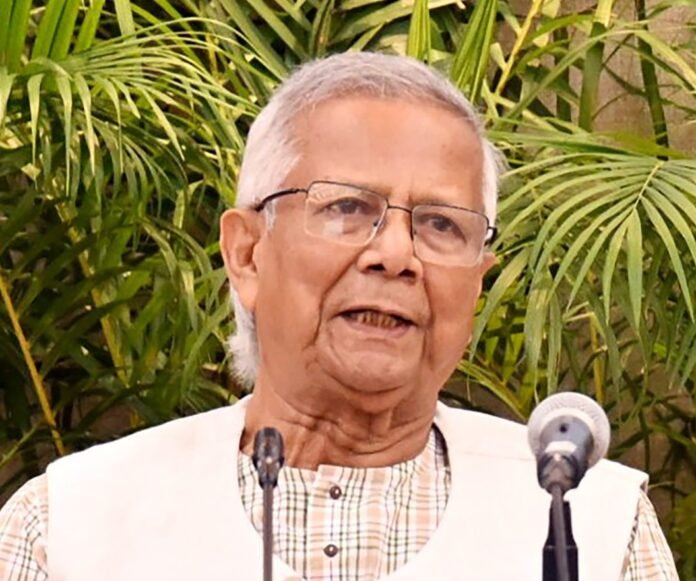Rising Persecution of Ahmadiyya Community in Pakistan Sparks Global Concern
In Pakistan, the Ahmadiyya community, a religious minority, faces growing threats in 2025. Reports show a sharp increase in attacks, discrimination, and violence against Ahmadis from extremists and even law enforcement. This alarming trend highlights the ongoing struggles of the Ahmadiyya Muslim Community in Pakistan, where they remain highly vulnerable despite being citizens.
Journalist Rahmatullah Achakzai from Balochistan shared shocking details in a report for the Afghan Diaspora Network. He noted that several Ahmadis lost their lives this year, while thousands faced harassment. Mobs desecrated their places of worship, and shockingly, police often joined in the repression instead of offering protection. One disturbing incident happened on Pakistan’s Independence Day, August 14. In Faisalabad, a mob targeted Ahmadi homes, throwing stones, beating people with sticks and bricks, and setting two Ahmadiyya mosques on fire. These Ahmadiyya persecution incidents in Pakistan have drawn widespread attention.
Data from the Ahmadiyya community reveals even more troubling numbers. By July 2025, as many as 269 Ahmadi graves had been desecrated. Since 2023, over 50 mosques suffered the same fate. In 2025 alone, extremists murdered at least three Ahmadis, following six killings in 2024. The UK-based International Human Rights Desk called the second quarter of 2025 the worst period yet for Ahmadis in Pakistan.
Violence spiked during Eid al-Adha this year, as pointed out by Amnesty International. Their report quotes Deputy Regional Director for South Asia, Isabelle Lassee, who said local authorities and police in Pakistan aren’t just failing to protect Ahmadis—they’re actively restricting their freedom of belief and religion. Officials have detained Ahmadis, filed criminal cases, and issued orders that curb their rights. In one case, authorities forced Ahmadis to sign affidavits promising not to perform Eid rituals, with a hefty fine of PKR 500,000 for breaking it. It’s not just security forces; other government departments are involved in this repression of the Ahmadiyya community.
The troubles go beyond physical attacks. Pakistan’s Telecommunication Authority (PTA) blocked websites with Ahmadi-related content, while the Pakistan Electronic Media Regulatory Authority (PEMRA) restricted Ahmadiyya TV channels. Even the education department created obstacles for Ahmadi-run schools and institutions, making daily life harder for this minority group.
This all stems from a dark chapter in Pakistan’s history. Back in 1974, the government legally declared Ahmadis as non-Muslims. This move banned them from openly practicing their faith and fueled hatred from the majority Sunni and Shia communities. It led to widespread humiliation, persecution, and attacks on Ahmadi properties. A UK government assessment warns of Ahmadis’ high risk under blasphemy laws and anti-Ahmadiyya laws. Often, Pakistani police play a role in the violence rather than stopping it.
After recent killings, the Ahmadiyya Muslim Community issued a strong statement. They said authorities either ignored the attacks or took part in them. "The 2025 attacks are rooted in decades of state-backed persecution," the community declared. "Without immediate action and accountability, the Pakistani State is inviting further bloodshed. Ahmadis are denied the most basic guarantees of life, autonomy, and religious freedom in Pakistan."
As global watchdogs like Amnesty International raise alarms, the world watches closely. The fight for Ahmadi rights in Pakistan continues to be a pressing human rights issue, calling for urgent change to protect this vulnerable community.



